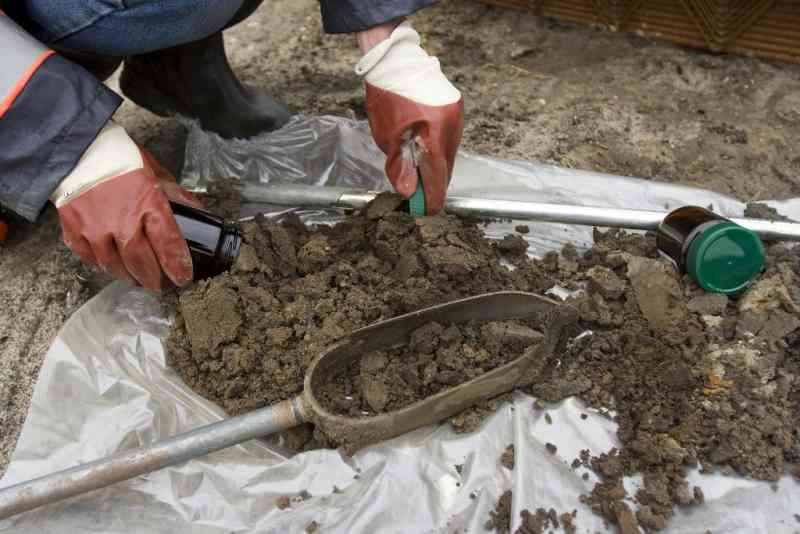×
The Standard e-Paper
Stay Informed, Even Offline

Maren Ogola is a disappointed maize farmer in West Kanyada location, Homa Bay County. She planted maize on her half an acre farm between September last year and January this year and the harvest is nothing but impressive.
Ms Ogola expected to harvest at least 14 bags of 50kg, but only got five bags. This occurred despite the fact that she undertook agricultural maintenance practices on her farm.